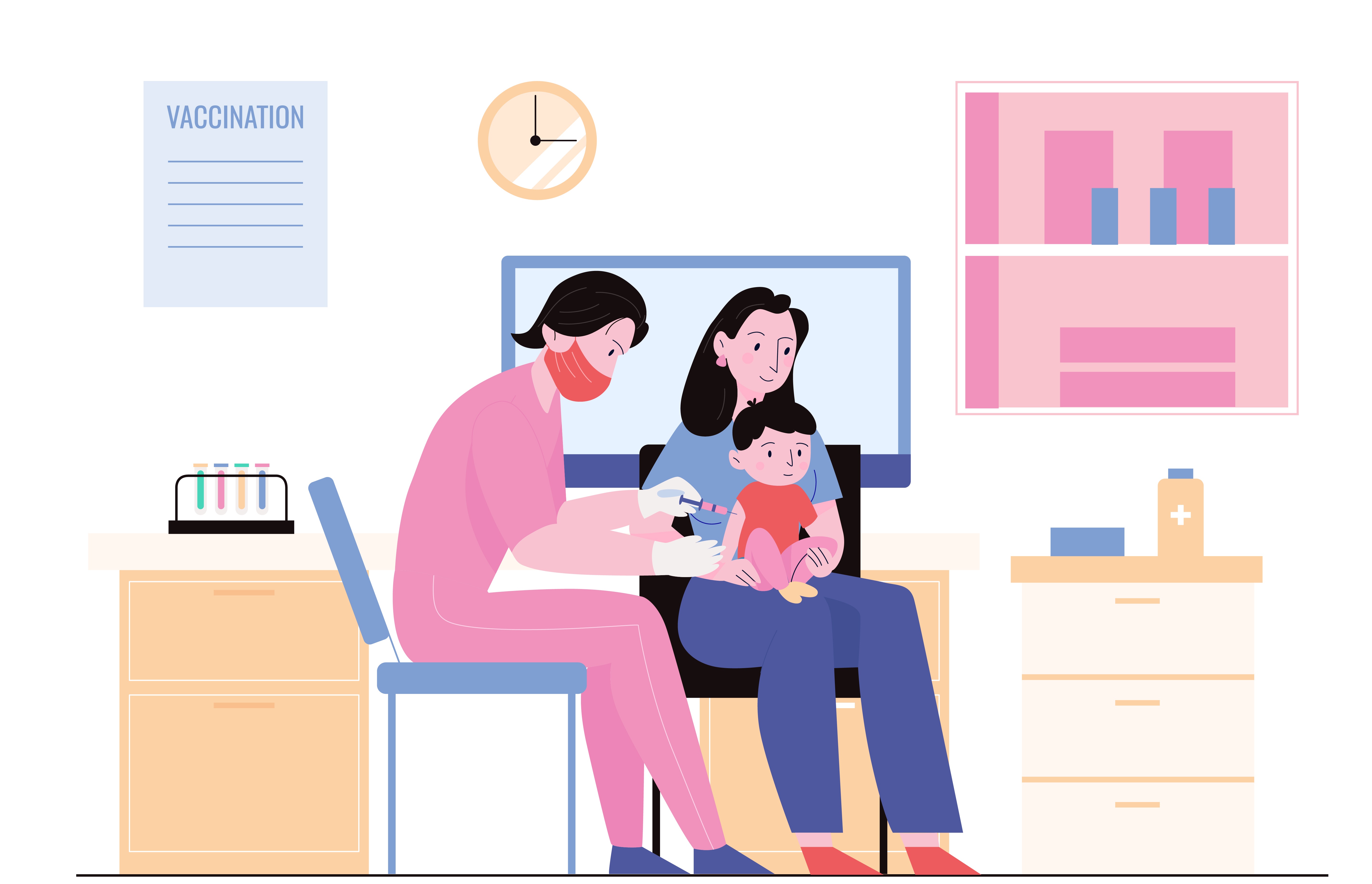

Vaccination is a critical public health strategy aimed at preventing infectious diseases by stimulating the body's immune system to recognize and combat pathogens. Vaccines contain weakened or inactivated parts of a particular organism (antigen) that triggers an immune response within the body. This response helps the immune system to recognize and fight the pathogen in the future, providing immunity without causing the disease itself.
The benefits of vaccination extend beyond individual protection; they contribute to community immunity, or herd immunity, by reducing the spread of infectious diseases. This is particularly important for protecting vulnerable populations such as infants, the elderly, and those with compromised immune systems who may not be able to receive certain vaccines. Routine vaccinations in childhood and booster shots in adulthood are essential components of public health programs worldwide, effectively reducing the incidence of diseases such as measles, polio, and influenza. Ensuring widespread vaccination coverage is crucial for preventing outbreaks and maintaining public health.